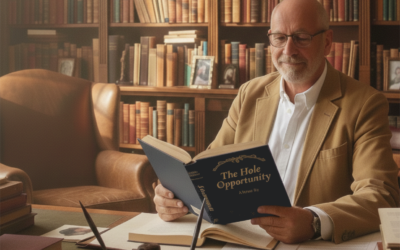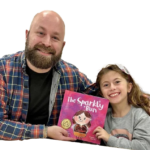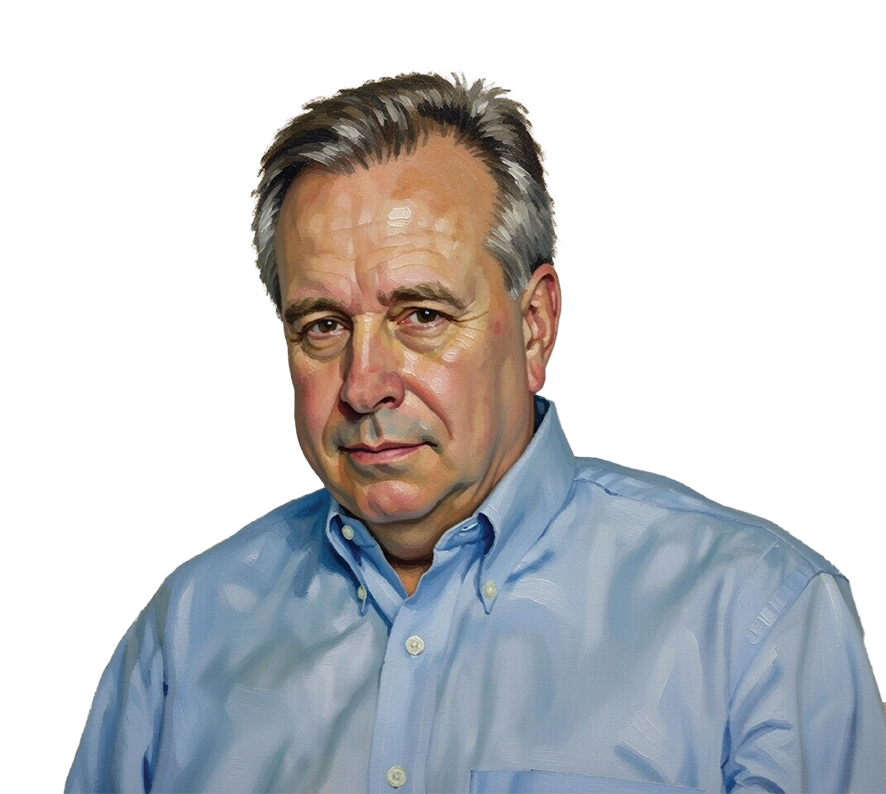A Journey Through Time with Julie Anderson

Explore the meticulous research behind her vivid depictions of post-war London
Julie Anderson discusses her writing process, historical inspirations, and character development, highlighting her dedication to authenticity and storytelling in post-war London settings.
Julie Anderson, a celebrated author known for her gripping historical thrillers, recently shared insights into her writing process and inspirations in an interview with Reader’s House magazine. Anderson, whose works have captivated readers with their intricate plots and vivid depictions of post-war London, continues to garner acclaim for her ability to weave historical detail with compelling narratives.
In the interview, Anderson delves into the themes and motivations behind her latest novel, which is set against the backdrop of a recovering London after World War II. She explains that her fascination with this era stems from the city’s resilience and transformation during a time of great upheaval. “London in the post-war years was a place of secrets and rebuilding,” Anderson notes. “It was a city trying to find its identity again, and that struggle provides a rich tapestry for storytelling.”
Anderson’s meticulous research is evident in her work, as she strives to create an authentic atmosphere that transports readers to another time. She describes her process as one of immersion, spending countless hours poring over historical documents, photographs, and firsthand accounts to ensure accuracy. This dedication to detail not only enhances the realism of her settings but also allows her to explore the complex social dynamics of the period.
A key element of Anderson’s storytelling is her focus on strong, multifaceted characters. Her protagonists often grapple with personal and societal challenges, reflecting the broader struggles of the era. In her latest book, the main character is a woman navigating the male-dominated world of post-war London, a narrative choice that highlights issues of gender and power. Anderson emphasizes the importance of creating characters who are both relatable and reflective of their time, stating, “I want my readers to see themselves in my characters, to understand their fears and hopes, even if they lived in a different era.”
The author also discusses the influence of her own experiences on her writing. Growing up in a family with a rich history of storytelling, Anderson was encouraged to explore her creativity from a young age. This background, combined with her academic studies in history and literature, has shaped her unique voice and perspective as a writer. She credits her family for instilling in her a love of stories and a curiosity about the past, which continue to drive her work today.
Anderson’s novels have not only entertained readers but have also sparked discussions about the historical periods she portrays. Her ability to blend fact with fiction has earned her a dedicated following and critical acclaim. As she reflects on her career, Anderson expresses gratitude for the opportunity to share her stories with a wide audience. “Writing is a way for me to connect with others, to share the stories that have shaped our world,” she says. “I hope my books inspire readers to look at history with fresh eyes and to appreciate the complexities of the human experience.”
Looking ahead, Anderson hints at future projects that will continue to explore historical themes, with a particular focus on lesser-known events and figures. Her commitment to uncovering hidden stories and bringing them to light ensures that her work will remain both relevant and engaging.
In an interview with Reader’s House magazine, Julie Anderson reaffirms her status as a master storyteller, whose passion for history and dedication to her craft continue to captivate and inspire readers around the world. Her ability to transport audiences to different times and places, while addressing universal themes, underscores her place among the most exceptional authors of her generation.













